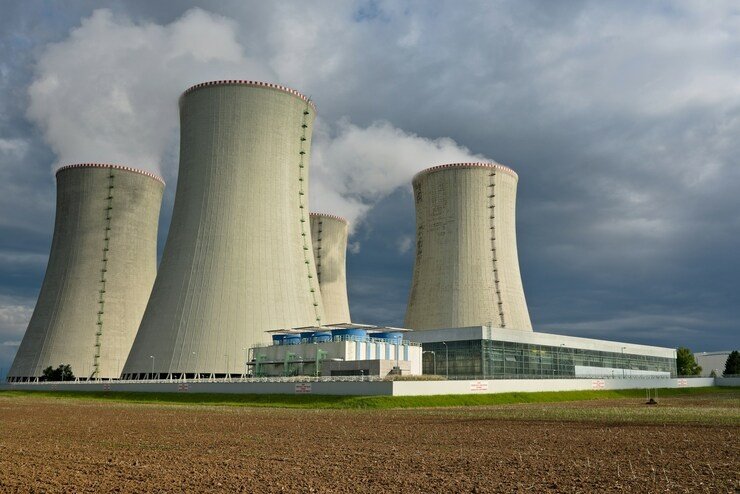Egypt and Russia boost El Dabaa nuclear project
 © Unsplash
© Unsplash
In a move that underscores a growing strategic energy alliance, Egypt and Russia have signed supplementary agreements advancing the development of Egypt’s first nuclear power plant at El Dabaa. The new accords reinforce long-term cooperation between the two countries and accelerate progress on one of Egypt’s most significant infrastructure projects in decades.
Supplementary protocols reinforce commitment to timeline
The recent agreements include a supplementary protocol and an additional contract to the existing intergovernmental framework governing the El Dabaa project. These documents update the timeline and implementation roadmap for the nuclear power plant, ensuring alignment with the current phase of construction and future operational goals.
Witnessed by Egyptian Minister of Electricity Mahmoud Esmat and Rosatom Director General Alexey Likhachev, the signing of these protocols affirms mutual intent to see the project through its full implementation. The annexes clarify technical, administrative, and financial aspects critical to maintaining momentum and minimizing delays.
El Dabaa as a pillar of Egypt’s energy transformation
Minister Esmat emphasized that the agreements represent more than project updates—they are a declaration of shared political will and technical ambition. The El Dabaa plant is a cornerstone of Egypt’s strategy to diversify its energy sources, reduce dependency on fossil fuels, and enhance grid reliability.
Central to this vision is Egypt’s National Energy Strategy 2040, which calls for an expanded role for clean and sustainable energy sources. Nuclear power, alongside renewables like solar and wind, forms a key part of the plan to create a resilient and environmentally responsible energy mix. With the El Dabaa plant expected to contribute significantly to the national grid, its completion is considered essential to meeting the country’s long-term electricity needs.
Russia’s Rosatom: A trusted partner in nuclear technology
Rosatom, Russia’s state nuclear corporation, plays a central role in both the construction and operation phases of the El Dabaa plant. Director General Likhachev reaffirmed Russia’s commitment to delivering the project on schedule and praised the cooperation between Egyptian and Russian technical teams.
Rosatom’s involvement brings extensive global experience in nuclear technology, with the company having completed multiple international projects in recent years. The El Dabaa initiative not only enhances Egypt’s energy capacity but also symbolizes a deepening bilateral relationship that extends into areas of technology transfer, workforce development, and infrastructure management.
Looking ahead: Economic and environmental implications
Once operational, the El Dabaa Nuclear Power Plant is expected to have a transformative impact on Egypt’s energy landscape. With an expected capacity of 4,800 megawatts, it will provide a stable and large-scale source of electricity that complements intermittent renewable sources. Moreover, the plant is expected to reduce greenhouse gas emissions by replacing a significant portion of fossil fuel-based power generation.
The economic benefits are also substantial. The project is anticipated to generate thousands of jobs during construction and operation, while also opening opportunities for local industry participation in nuclear-related supply chains.
Conclusion: A step toward a sustainable energy future
The supplementary agreements signed in July 2025 mark a crucial turning point in the El Dabaa project’s evolution. More than mere technical updates, they embody a shared vision between Egypt and Russia for sustainable energy cooperation. As Egypt pushes forward with its clean energy ambitions, the El Dabaa plant stands out as a beacon of technological advancement, geopolitical collaboration, and national development.


